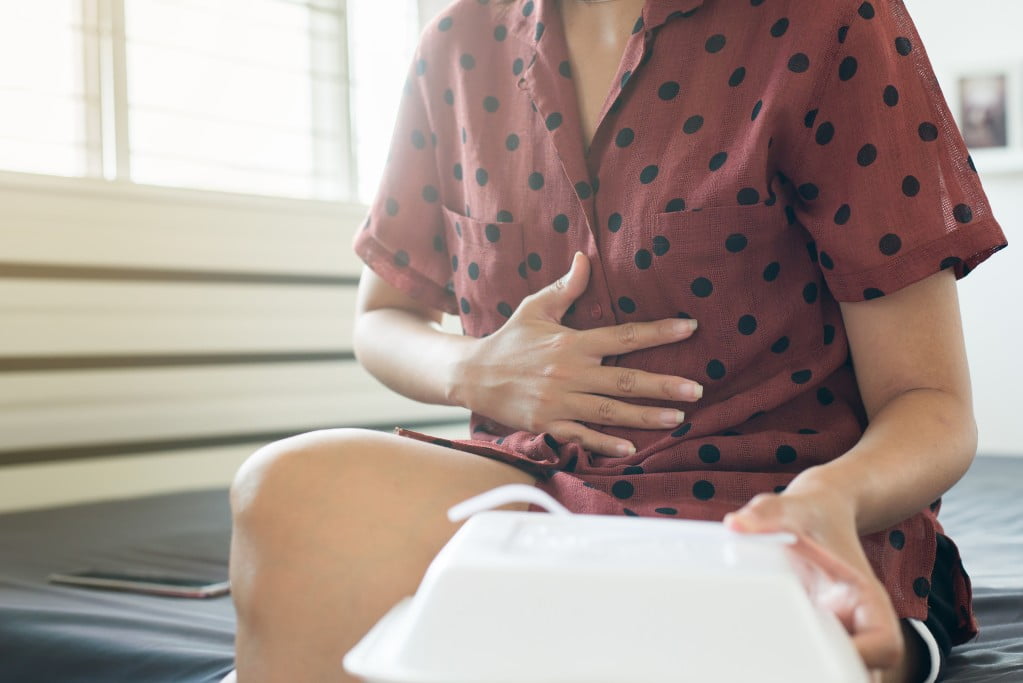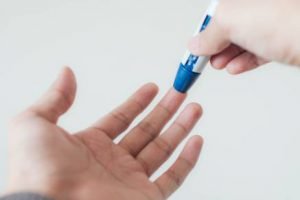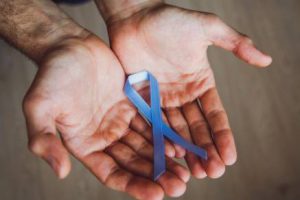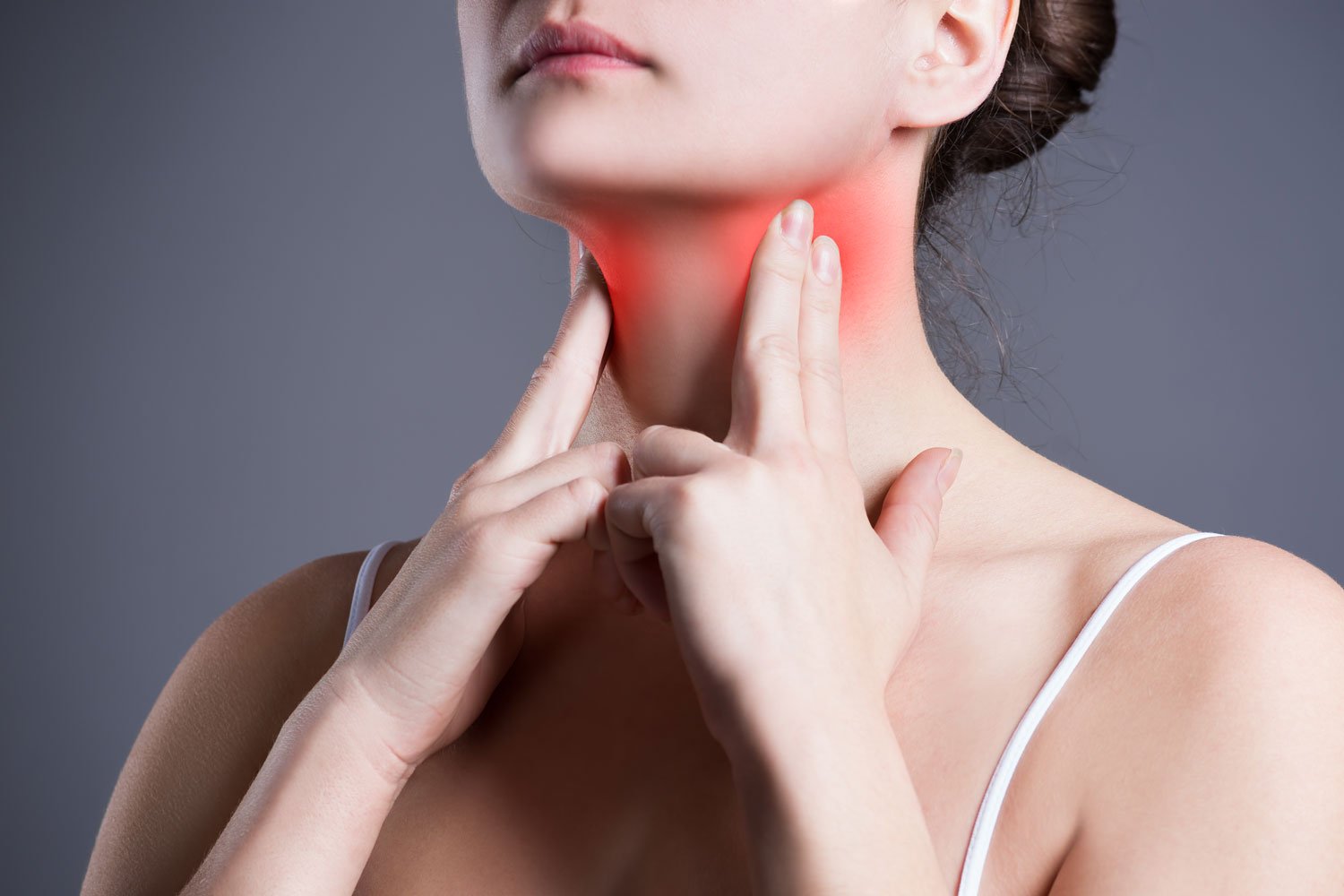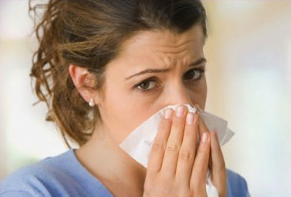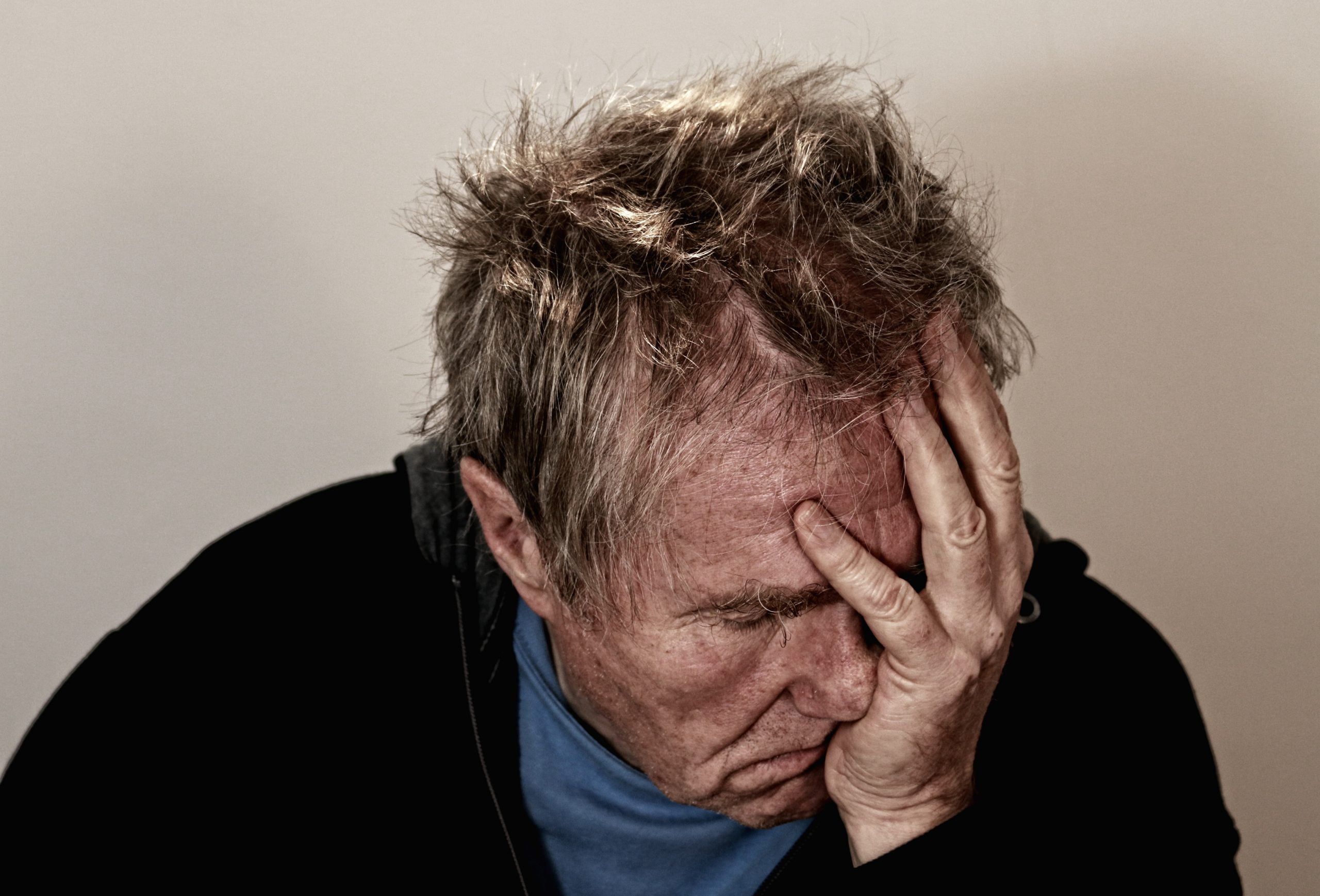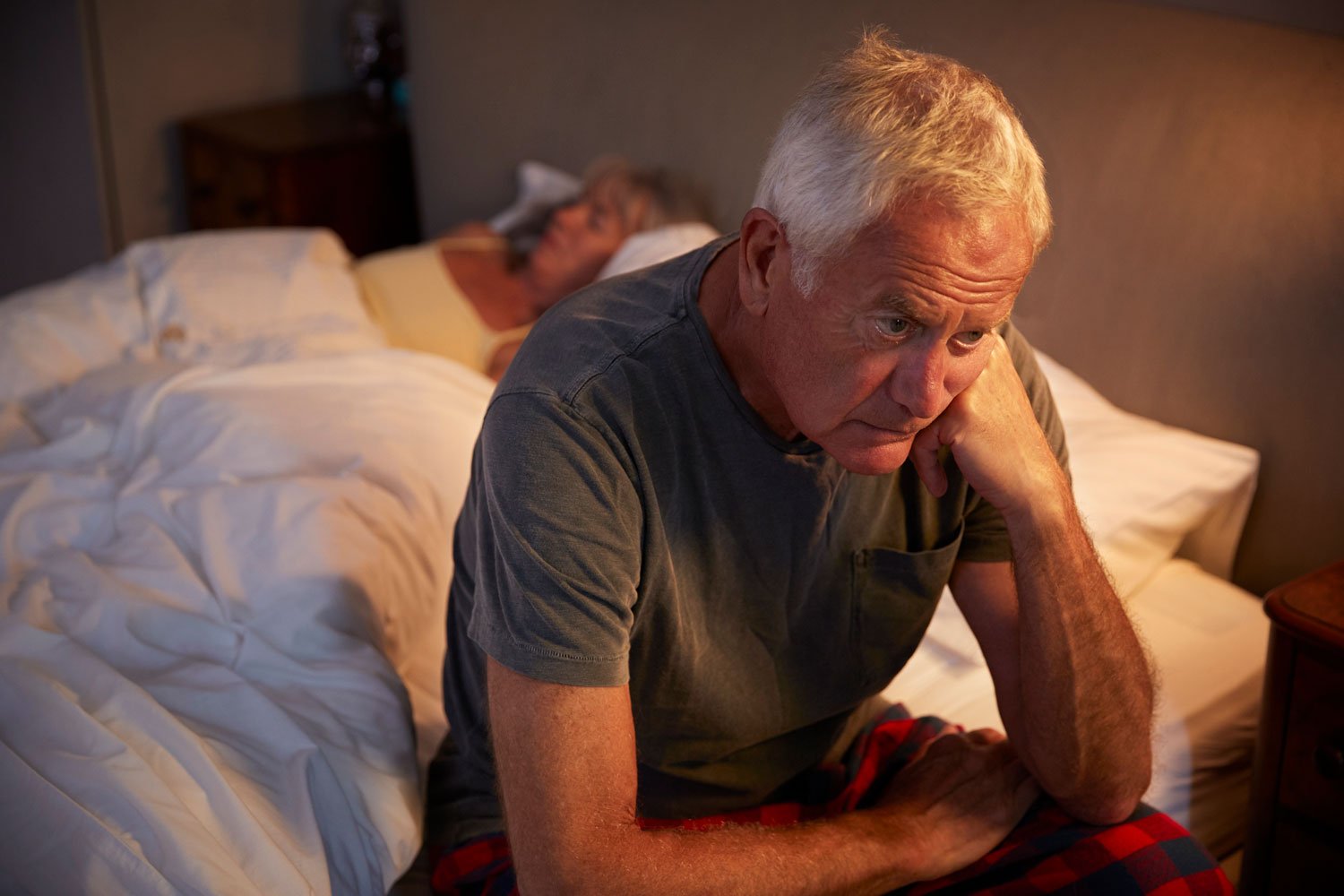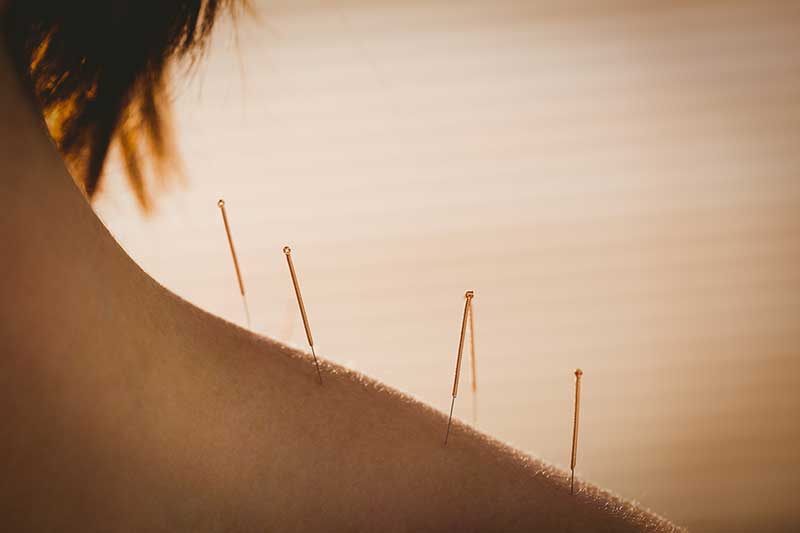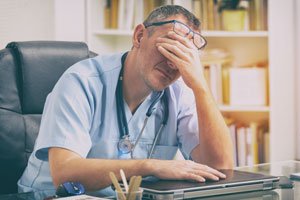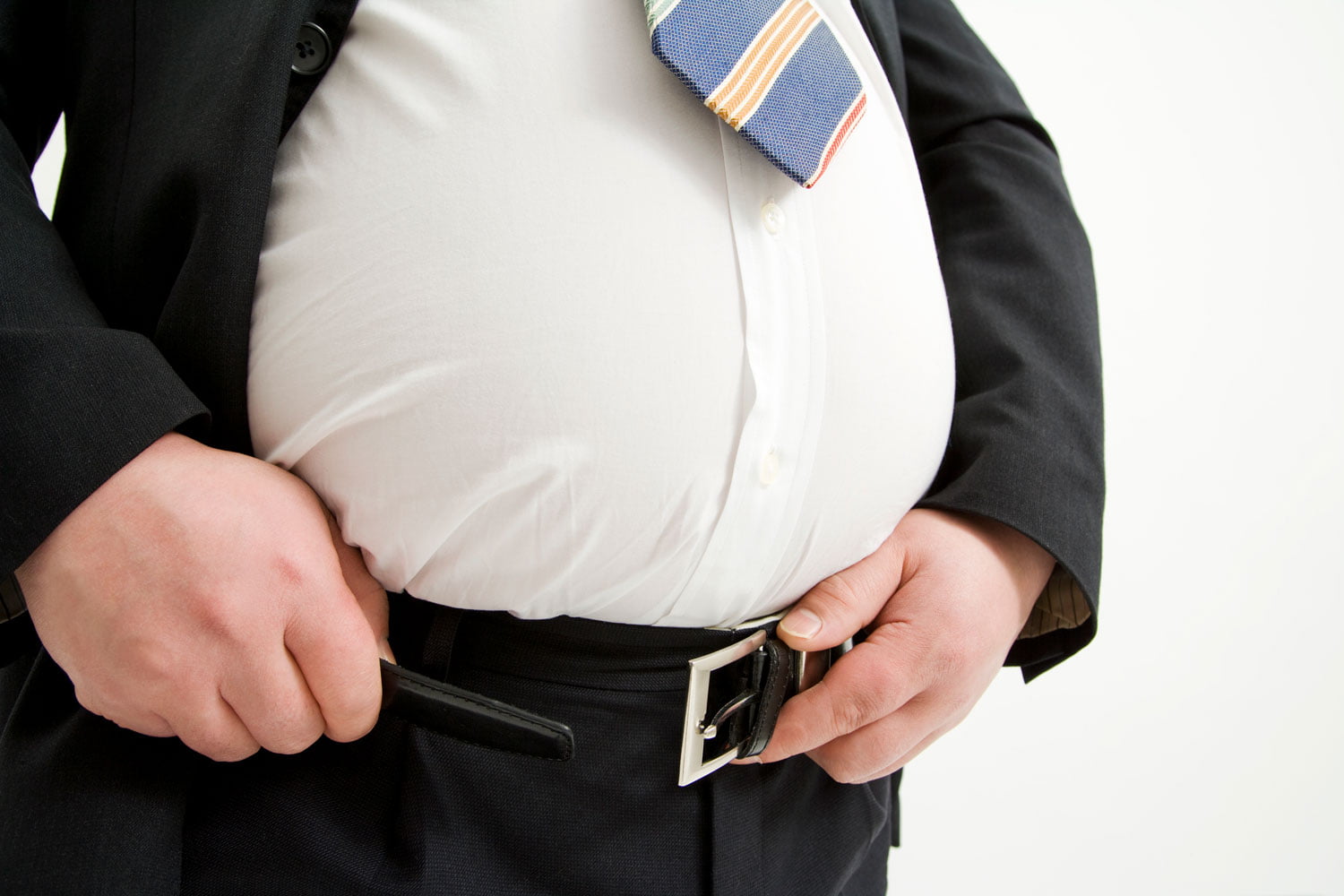Men’s Health
Men’s Health
Natural Fertility Treatment For Male Infertility
Male infertility is defined as any condition which adversely affects the chances of initiating a pregnancy with his female partner. Most commonly, those problems arise if unable to produce or deliver fully-functioning sperm, and problems with the production and development of sperm are the most common problems of male infertility.
Sperm may be underdeveloped, abnormally shaped or unable to move properly. Otherwise, normal sperm may be produced in abnormally low numbers (oligospermia) or seemingly not at all (azoospermia).
Possible Causes Of Male Infertility
Major causative factors and risk factors that can contribute to the incidence of male infertility include the following:
- Stress
- Structural reproductive disturbances (due to trauma, genetics, mumps, etc)
- Functional reproductive disturbances, such as: Testosterone deficiency
- Endocrine disturbances – e.g., hyperadrenalism, hyper and hypothyroidism.
- Immune dysregulation (leading to sperm antibody production)
- Age – fertility decreases as men age
- Family history of infertility and/or reproductive disturbances
- Abnormal bowel flora and/or increased gut permeability
- Increased toxic load – e.g., smoking, alcohol, recreational drugs, pharmaceutical drugs.
- Nutritional deficiencies
- Genitourinary infection
- Haemochromatosis
- Systemic disease (renal failure, hepatic disease, sickle cell disease)
- Varicocoeles (dilated scrotal veins)
- Abnormalities in chromosomal numbers and structure as well as deletions on the Y chromosome can also impact fertility.
- Certain medications can affect sperm production, function and ejaculation.
- Insulin resistance/ being overweight
How Can Melbourne Naturopathy Help?
Linda Cotone at Melbourne Naturopathy specialises in naturopathic fertility treatment.
She will combine the wisdom of herbal medicine, nutritional supplements, dietary and lifestyle changes to help improve sperm count, morphology and motility.
Linda will investigate and treat any of the underlying causes using the following pre-conceptive care principals:
- 1. An integrated detoxification program
- 2. Screening for heavy metal toxicity
- 3. Checking for essential nutrients
- 4. Eating healthy organic food as much as possible
- 5. Exercise
- 6. Drinking adequate filtered water
- 7. Avoiding toxic chemicals and radiation
- 8. Avoiding drugs, smoking, excess caffeine, and unnecessary medications
- 9. Taking required supplements
- 10.Treating any Genito-urinary tract infections/allergies/immune system problems
- 11. Relaxation techniques (e.g. yoga/meditation)
- 12. Other lifestyle recommendations
Low Libido In Males
Libido is governed by both gonadal hormones and brain neurotransmitters and is known to gradually decline in men after the age of 45. A reduction in libido is associated with low testosterone in men.
Possible Causes
Major risk factors that can contribute to the incidence of low libido include the following:
- Psychological influences (e.g., anger, fear, guilt)
- Interpersonal issues (e.g., marital discord and boredom)
- Alcohol and drug use
- Certain medications
- Neurological insult and/or biological causes (e.g., injury) can be factors in the aetiology of sexual dysfunction.
- Medical problems (e.g., diabetes, pelvic cancer, genitourinary disorders, urethral strictures, genital infections, endocrine and hormonal disorders)
- Depression, anxiety, or issues of self-esteem
- Age 65 and over
- Previous sexual trauma
- Cultural pressures and expectations
- Fatigue
- Environmental stressors such as prolonged exposure to elevated sound levels or bright light.
- Hormonal imbalances (e.g., reduced androgen levels)
- Obesity
HOW CAN NATURAL MEDICINE HELP?
At Melbourne Naturopathy, Linda Cotone Naturopath recommends dietary and lifestyle guidelines that can assist in the management of low libido. She also uses a combination of herbal medicines and nutritional supplements to treat the symptoms and the underlying causes to restore balance and harmony once again.
Erectile Dysfunction
Possible Causes of Erectile Dysfunction
- Alcoholism and smoking
- Psychological factors (e.g., depression, guilt, worry)
- Atherosclerosis (and cardiovascular disease, including hypertension)
- Benign prostatic hyperplasia (BPH)
- Metabolic syndrome; including obesity, hypertension, dyslipidaemia and/or hyperglycaemia.
- Diabetes mellitus
- Drugs such as hypertensives, sedatives, tranquilisers and amphetamines
- Hypothyroidism
- Inflammatory diseases of the genitalia (including syphilis)
- Prostatitis
- Multiple sclerosis
- Psychological factors (e.g., depression, guilt, worry)
- Radiation therapy
- Stress
- Testosterone deficiency
- Trauma to the pelvis
- Hyperprolactinaemia
- Hypopituitarism
HOW CAN NATURAL MEDICINE HELP
Linda at Melbourne Naturopathy can combine various herbal and nutritional supplements to assist with erectile dysfunction. She will also recommend dietary and lifestyle changes suited to the individuals needs.
Benign Prostatic Hyperplasia & Prostatitis
Benign prostatic hyperplasia (BPH), also known as benign prostatic hypertrophy, is associated with ageing and is estimated to affect 70% of men aged? 70 years. An enlarged prostate causes obstruction of urinary flow and can result in serious medical complications, including acute urinary retention (which can lead to renal failure), recurrent urinary tract infection, bladder calculi and haematuria.
Prostatitis is an inflammatory disorder of the prostate. Prostatitis can be nonbacterial, or bacterial It commonly causes pain in the testicles and may sometimes cause problems with ejaculation, urination, or defaecation.
Possible Causes Of BPH / Prostatitis
Major causative factors and risk factors that can contribute to the incidence of BPH/prostatitis include:
Recent urinary tract infection
- Prior sexually transmitted disease, such as gonorrhoea or Chlamydia.
- Smoking
- Excess alcohol consumption
- Age over 50
- Occupations that subject the prostate to strong vibrations, such as driving a truck or operating heavy machinery, may play a role.
- Prolonged periods of bike riding may irritate the prostate gland.
- Structural abnormalities of the urinary tract – e.g., narrowing (strictures) of the urethra may elevate pressure during urination and cause symptoms.
SIGNS AND SYMPTOMS
Common signs and symptoms of BPH/prostatitis include:
- Recurrent urinary tract infections
- Difficulty starting urine stream
- Decreased strength and force of the stream
- Dribbling after urination
- Urinary frequency, urgency and dysuria (painful urination)
- Nocturia
- Incomplete bladder emptying
- Fever with chills
- Generalised malaise
- Bladder outlet obstruction, complete inability to urinate
- Painful ejaculation, bloody semen, or sexual dysfunction
- Pain localised to lower back (sacral), pelvis, or perineum
- Blood in the urine, caused by bursting of small veins in the urethra and bladder
HOW CAN NATURAL MEDICINE HELP?
Linda at Melbourne Naturopathy can provide symptomatic relief of BPH and prostatitis through dietary and lifestyle changes. She will also use a combination of nutritional supplements and herbal medicines to provide relief and also help treat the underlying issues.
Other Services & Treatments
Call Today To Book Your Appointment
We are located at 352 St Georges Road, Thornbury VIC 3071, servicing Northcote, Preston and the surrounding Northern Suburbs.


